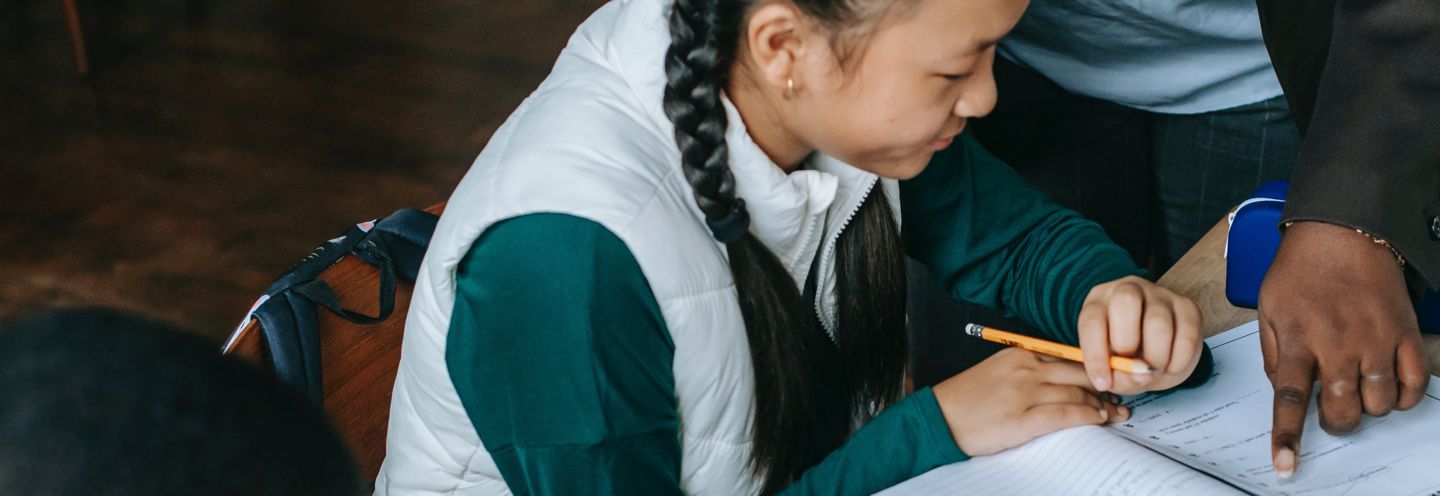Teacher Resources | 386 Results

One of the most important things you can do to raise media-savvy kids is what’s called shared media engagement. That includes listening to their music, watching TV, movies and videos together,

In this lesson, students learn how shapes are used in character design in comics and animation and look at how male and female characters are depicted in comic books. Using a Comic Book Analysis

a. Types of Unhealthy Online RelationshipsOnline exploitation is when someone uses digital media to find teens and get them involved in romantic or sexual relationships.

a. Types of Unhealthy Online Relationships Exploitation: Some people use digital media to get teenagers involved in relationships they’re not ready for. They do this by finding someone who is

In this lesson, students learn how the media construct reality by studying the families portrayed on television, and comparing them to the real-life families they know: their own, and those of their

In this lesson students explore the commercial and ethical issues surrounding the reporting of crime in televised newscasts.

The Critical Thinking Across the Curriculum workshop provides teachers with a comprehensive approach to fostering critical thinking skills at all grade levels, with particular attention to addressing

Cyber Choices is an interactive game designed to help students in grades 3 to 5 develop the skills and habits they need to make safe and responsible choices online. Cyber Choices lets

Most of what we do online falls into one of three categories: Talk, Shop and Play. There are risks associated with all these activities that consumers need to be aware of so they can take the

As well as invaluable tools for keeping in touch with our friends, families and our work, mobile devices have become an increasingly big part of how we access the Internet. Unfortunately, while

